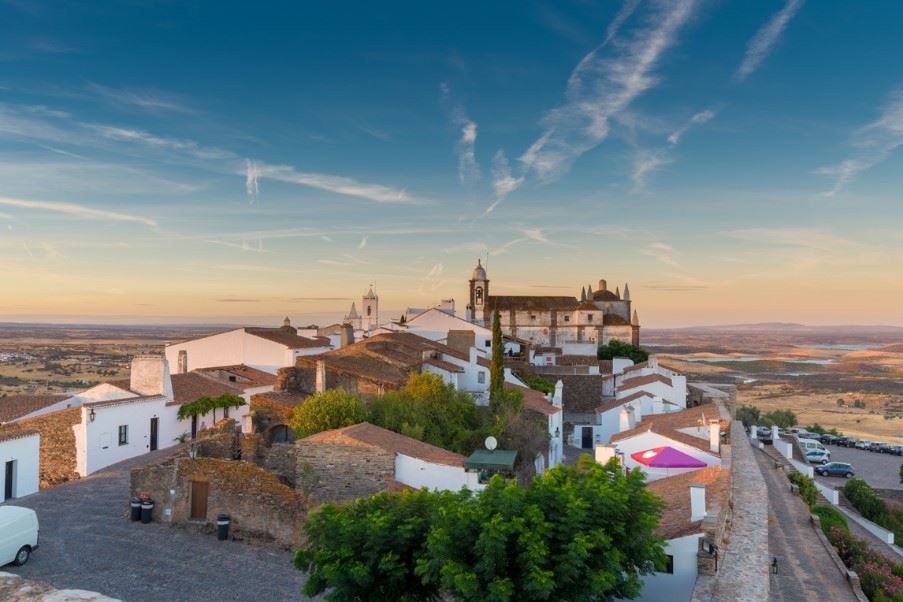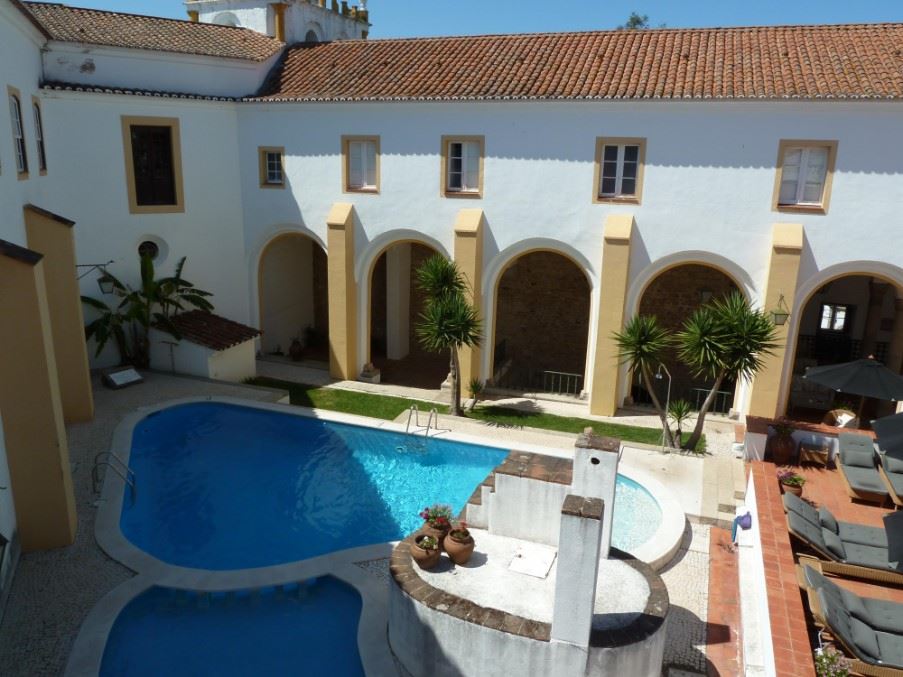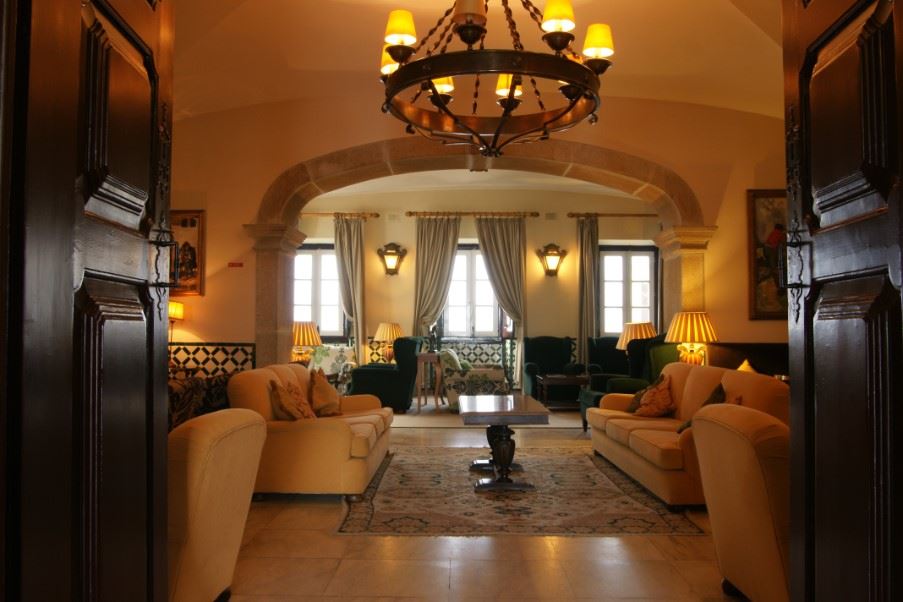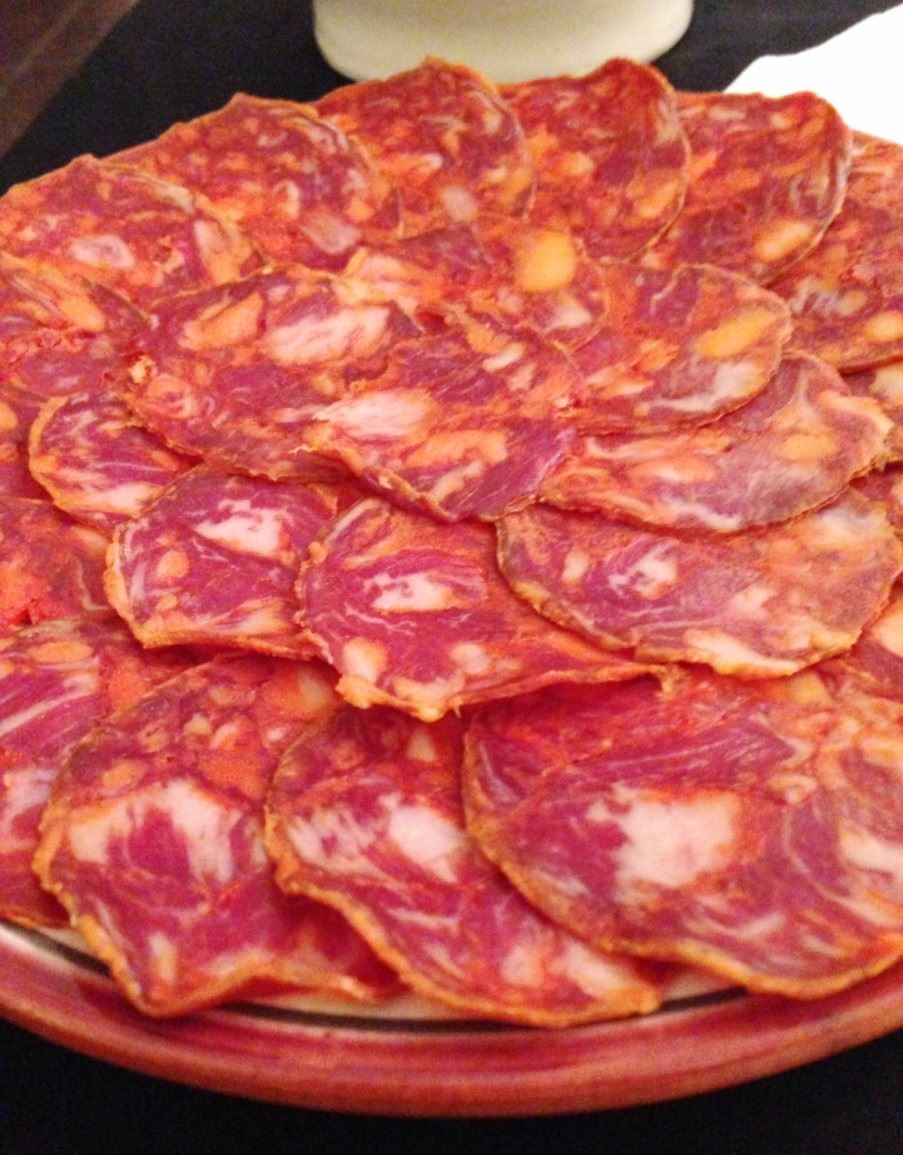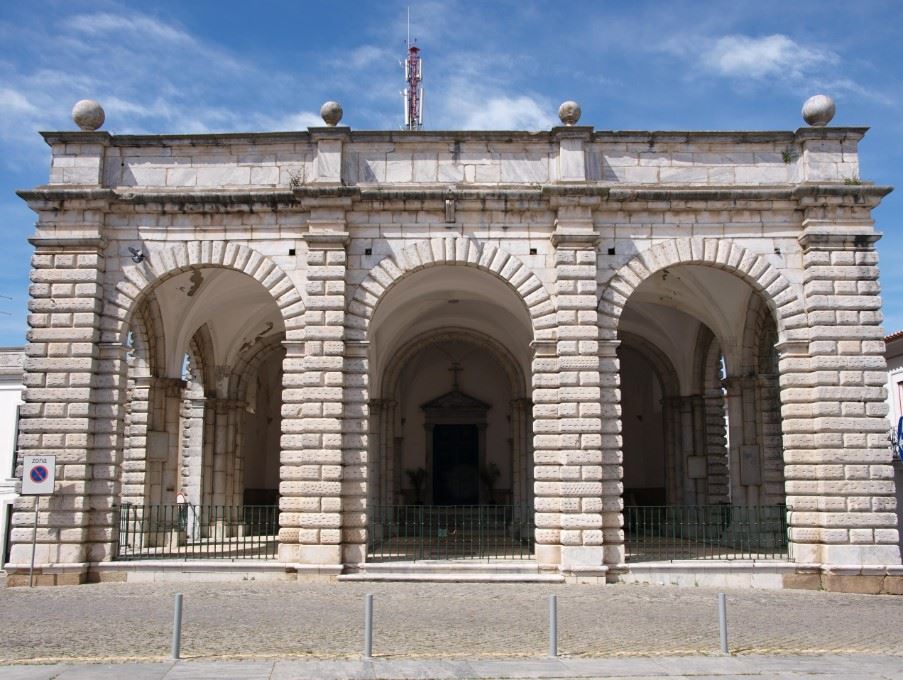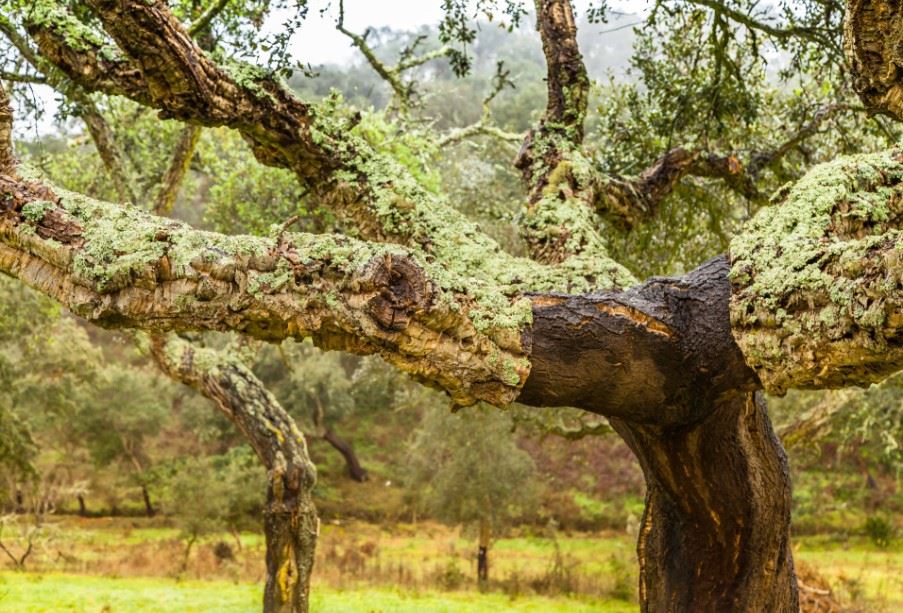On Sunday, a couple of days after we arrived, we found ourselves resting outside the cathedral shortly before the evening service. Rows of chairs had been assembled and suddenly to the sound of loud music, a fine brass band marched up to the West door. We watched as they broke ranks to check their phones, smoke cigarettes and greet their friends while a sound engineer spent an inordinate amount of time adjusting microphones, attaching cables and consulting with the conductor. After about an hour, the band reassembled, played two very short pieces and dispersed, full of pride at a job well done. Just as entertaining was watching the faithful assemble for the service. There were tourists in skimpy tops and shorts, elderly couples, dressed in their sober best, young lovers, she in her summer finery, he in his shiny Sunday two piece. And handsome young priests, tall and severe, all in black. Of tourists, we were in a minority. We heard almost no English voices. There were a few Americans, more Europeans and a great many from China and Japan. The latter moved in flocks and at speed, trophy-snapping with their phones (the rule being: see a plaque or a statue, capture it with a click and hurry on). When they get home, do they organise everything into a scrapbook labelled Évora? Do they even remember that they were in Évora?
Tourists abound but there is no pandering to them. The restaurants often have a limited menu, serving authentic Alentejan dishes, freshly cooked and delicious. The gift shops are full of brightly-coloured, pretty ceramic ware or beautifully crafted cork and linen goods. No-one hassles you to buy or tries to entice you into a café. The joy is in the wandering and the discovery.


